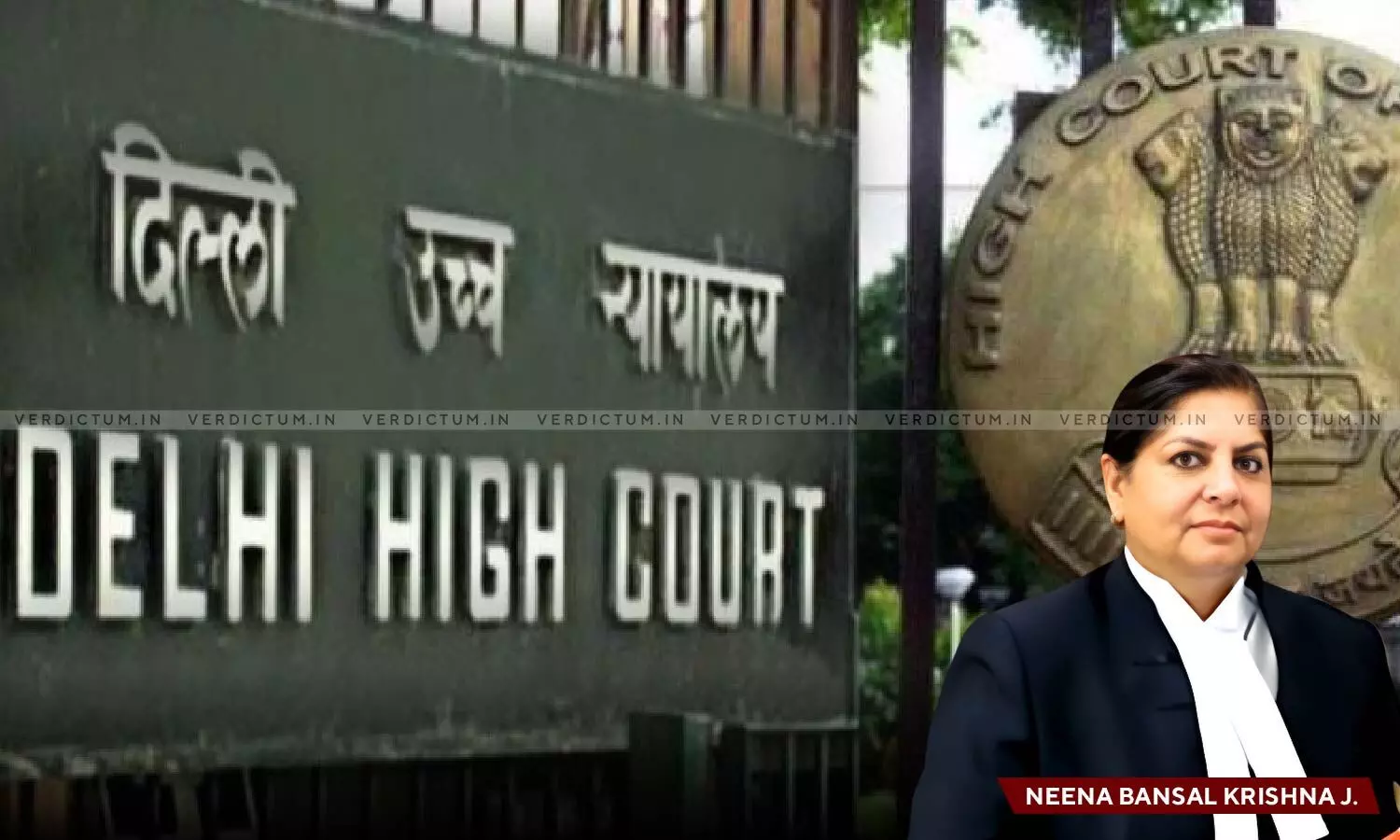
Article 21 Of Constitution Takes Precedence Over Twin Test Under PMLA: Delhi HC Grants Bail To Sameer Mahendru In Excise Policy Case
 |
|The Delhi High Court granted bail to Sameer Mahandru in custody for the Excise Policy Case, while observing that Article 21 of the Constitution takes precedence over the Twin Test under the PMLA.
Sameer Mahandru (petitioner) was arrested under the Prevention of Money Laundering Act, 2002 (PMLA), following an investigation by the Directorate of Enforcement (ED). The Court referred to the Apex court’s decision in Manish Sisodia v. Central Bureau of Investigation wherein the Court clarified that Article 21 of the Constitution takes precedence over the Twin Test and “if the trial would take long, the accused shall be entitled to Bail.”
A Single Bench of Justice Neena Bansal Krishna observed, “In the present case as well, in the light of the observations of the Apex Court in Manish Sisodia and in the Bail Applications of the other co accused, it is now well defined that Article 21 of the Constitution shall take precedence over the Twin Test and if the Trial would take long, the accused shall be entitled to Bail.”
Advocate Dhruv Gupta appeared for the petitioner, while Special Counsel Zoheb Hossain represented the respondent.
The petitioner was arrested on September 28, 2022, under the Prevention of Money Laundering Act, 2002 (PMLA), following an investigation by the Directorate of Enforcement (ED).
The ED's investigation linked the petitioner to the Delhi Excise Policy case, alleging his involvement in money laundering activities amounting to Rs. 294.45 crores. The ED accused the petitioner of conspiring with the South Group, which allegedly paid Rs. 100 crores in kickbacks to influence the excise policy formulation and implementation. ED further alleged that the petitioner provided a 65% stake in his company, Indo Spirits, to South Group members, intending to distribute illegal profits.
The petitioner argued that firstly, the core ingredient constituting the offence of money-laundering i.e. “proceeds of crime” must be construed strictly. Secondly, the “proceeds of crime” must be derived or obtained directly or indirectly as a result of criminal activity relating to the scheduled offences. Thirdly, the ED cannot resort to action against any person for money-laundering on an assumption that the property recovered by them must be proceeds of crime and that a scheduled offence has been committed.
The High Court noted that the basic argument on behalf of the petitioner was that there was no prima facie case against him.
“If there is not even a remotest possibility of the Trial being concluded in the near future. Considering that the Applicant is in Judicial Custody since 28.09.2022 i.e. for almost two years and with a little hope of speedy completion of Trial, he would be deprived of his right to liberty under Article 21 and is therefore, entitled to grant of Bail,” the Court remarked.
The Bench noted ED’s submission that the petitioner was indulging in tactics to delay the Trial by moving multiple applications. However, the Court clarified that in the case of Manish Sisodia (supra) it was observed that though the applications were being filed on behalf of the accused persons, the conduct of the accused cannot be termed as “vexatious or intended to delay.”
“It cannot be said that there is any delay which is attributable to the applicant; rather it is the complexity of the matter, voluminous records and the number of witnesses which are required to be considered in the Trial, which would take a reasonable time,” the Bench noted.
Consequently, the Court granted bail to the petitioner and stated, “It may also be observed that the antecedents of the Applicant, who has no previous involvement, it cannot be said that he is of flight risk or is likely to tamper with the evidence or influence the witnesses since most of the evidence is essentially documentary in nature.”
Accordingly, the High Court allowed the Bail Application.
Cause Title: Sameer Mahandru v. Directorate Of Enforcement (Neutral Citation: 2024:DHC:6933)
Petitioner: Advocates Dhruv Gupta, Anubhav Garg, Indhirajith Parbhakaran, Yogya Singh and Nishesh Gupta
Respondent: Special Counsel Zoheb Hossain; Advocates Vivek Gurnani, Siddarth Kaushik, Abhipriya Rai, Kartik Sabharwal, Vivek Gaurav, Kanishk Maurya and Pranjal Tripathi